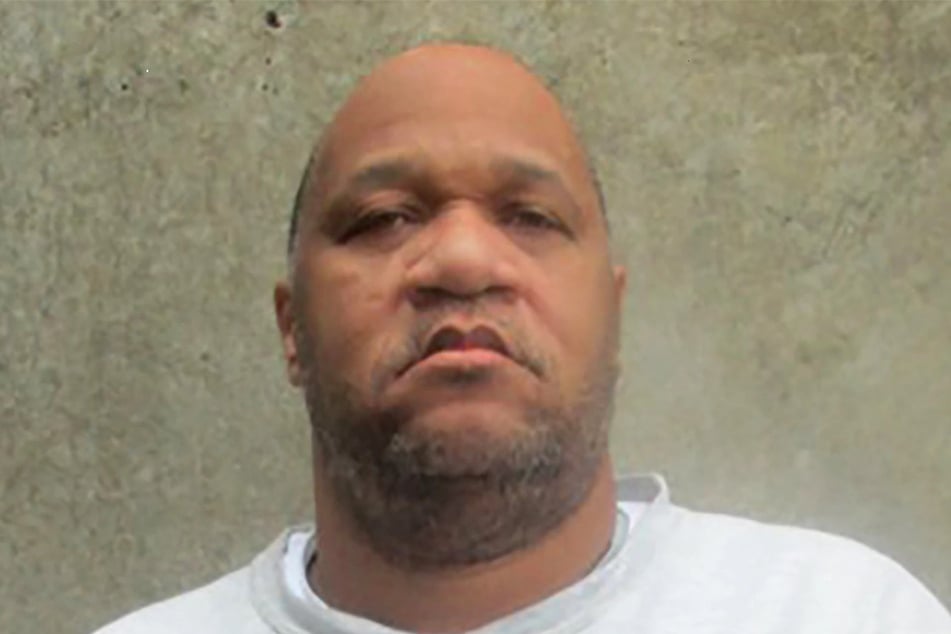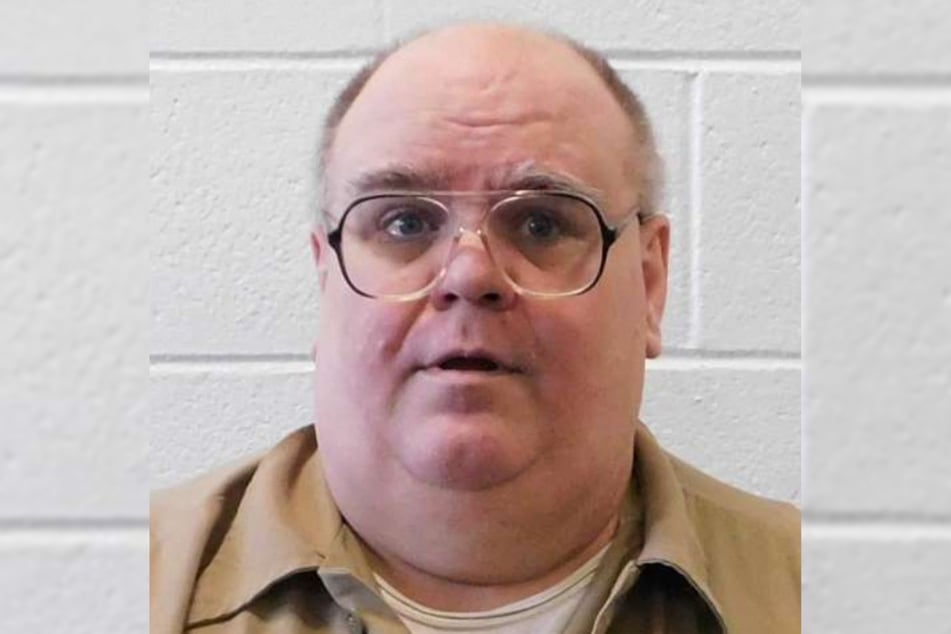Inmate executed by lethal injection as planned nitrogen gas death stirs controversy
Washington DC - A man was put to death by lethal injection Thursday in Oklahoma, officials said, while Alabama was scheduled to carry out an execution with nitrogen gas, the second such execution in the country.

If the Alabama death sentence is carried out, it will bring the total number of executions this year in the US to 18, including five in the past week.
Emmanuel Littlejohn (52) was executed by lethal injection in Oklahoma for the murder of 31-year-old Kenneth Meers during a convenience store robbery in 1992.
While admitting he was present at the scene, he has always denied being the one who shot Meers.
Both he and his accomplice, Glenn Bethany, blamed each other for the killing.
The two men were convicted of murder, but Bethany received life imprisonment, whereas Littlejohn was sentenced to death.
In August, the State Board of Pardons recommended a commutation of Littlejohn's sentence, despite opposition from some of the victim's family.
Speaking on Wednesday to NPR, Littlejohn exhorted Oklahoma Governor Kevin Stitt to intervene.
"Governor, don't kill me for the heck of it," Littlejohn said.
Stitt, a Republican who had only exercised his clemency power once, ultimately denied the request.
Oklahoma Attorney General Gentner Drummond said Thursday that "justice has been served for the murder of Kenny Meers."
Alan Miller to be executed with nitrogen gas in second-ever use

Meanwhile, in Alabama, Alan Miller is scheduled to be put to death over a 1999 workplace shooting spree that killed three colleagues, Lee Holdbrooks, Scott Yancy, and Terry Lee Jarvis.
Miller (59) is to be executed at Atmore penitentiary by pumping nitrogen gas into a facemask, causing him to suffocate.
The method was controversially used by Alabama for the first time in January, despite being compared by the UN to a form of torture.
During that execution, 58-year-old Kenneth Smith reportedly thrashed about for several minutes.
State officials later attributed the convulsions to Smith attempting to hold his breath.
The White House, under Democratic President Joe Biden, said it was "deeply troubled" by Alabama's use of nitrogen in January.
It also drew rebukes from civil liberties groups, the European Union, and the UN human rights office.
Alabama Governor Kay Ivey, a Republican, has announced in advance that she would not exercise her clemency power for Miller.
A previous attempt to execute Miller by lethal injection in September 2022 was called off at the last minute, due to difficulties inserting the intravenous tube and administering the lethal chemicals in the allotted time.
The death penalty has been abolished in 23 of the 50 states. Six others (Arizona, California, Ohio, Oregon, Pennsylvania and Tennessee) observe a moratorium on executions by decision of the governor.
Cover photo: Collage: Handout / Alabama Department of Corrections / AFP & Handout / Oklahoma Department of Corrections / AFP